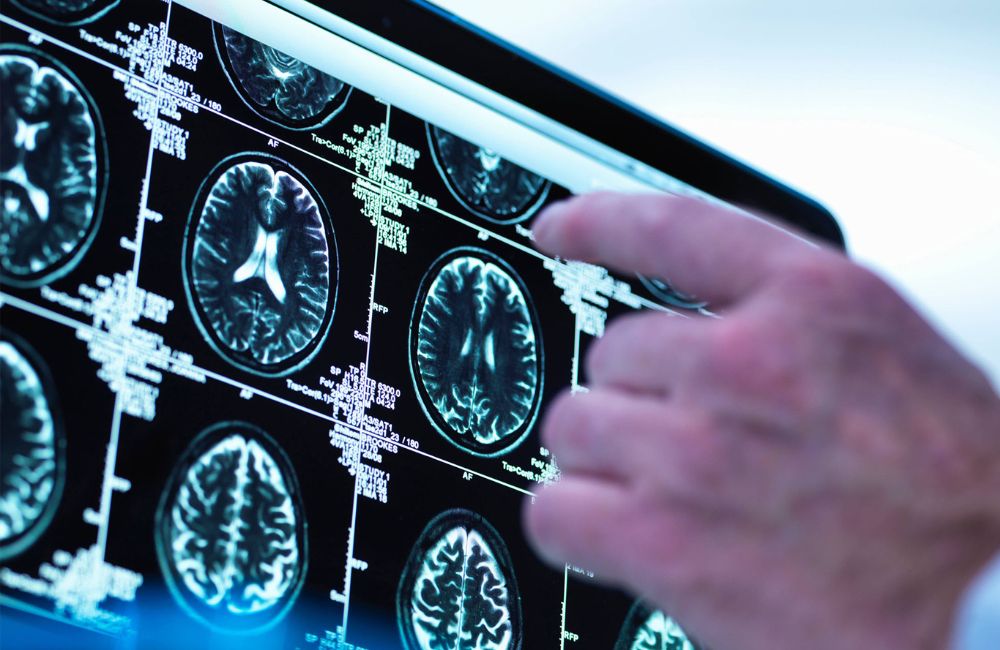AI is “twice as accurate” at determining when a stroke occurred, according to a new study. This breakthrough represents a significant advancement in stroke diagnosis and treatment timing, which experts say could revolutionize emergency care protocols.
“Using the software will make it possible for NHS doctors to treat 50 per cent more stroke victims compared to using standard CT scans,” says Consultant neurologist at Imperial College Healthcare NHS Trust, Dr Paul Bentley. Current statistics show that stroke affects approximately 100,000 people annually in the UK, making this advancement particularly significant for public health.
The algorithm was a combined effort of staff at Imperial College London, Technical University of Munich and Edinburgh University, and was tested on 800 brain scans and 2,000 patients, and the aim is to have it used in the NHS to aid doctors with “emergency decisions”. The collaborative nature of this research represents one of the largest international efforts in AI-driven stroke detection to date.
“It’s essential for doctors to know both the initial onset time, as well as whether a stroke could be reversed,” Bentley revealed in the peer-reviewed medical journal NPJ Digital Medicine. “Having this information at their fingertips will help doctors to make emergency decisions about what treatments should be undertaken in stroke patients.” Time is crucial in stroke treatment, with studies showing that every minute of delay can result in the loss of up to 2 million brain cells.
“Not only is our software twice as accurate at time reading as current best practice, but it can be fully automated once a stroke becomes visible on a scan.” This automation could significantly reduce the time between diagnosis and treatment, potentially saving countless lives and reducing the severity of stroke-related disabilities.
Lead author Dr Adam Marcus added: “We estimate that up to 50 per cent more stroke patients could be treated appropriately with treatments because of our method. We aim to deploy our software in the NHS, possibly by integrating with existing AI-analytic software that is already in use in hospital trusts.” The integration with existing systems could expedite the implementation process across healthcare facilities.
The implications of this technological advancement extend beyond immediate stroke treatment. Early studies suggest that improved stroke timing accuracy could lead to better long-term outcomes for patients, with potential cost savings for healthcare systems estimated in the millions annually.
The research team emphasized that the AI system works alongside human expertise rather than replacing it. The technology serves as a powerful tool to support clinical decision-making, providing doctors with more accurate data to inform their treatment choices. Initial trials have shown a 95% confidence rate in the AI’s assessments when compared to traditional methods.
Medical professionals worldwide have expressed interest in the technology, with several international healthcare institutions already requesting trials. The success of this AI system could pave the way for similar applications in other areas of emergency medicine.
The development team is currently working on expanding the system’s capabilities to include prediction of stroke likelihood in high-risk patients. This preventive aspect could add another layer of value to the technology’s clinical applications.
Statistics from previous studies indicate that accurate stroke timing can improve treatment success rates by up to 60%. With this new AI system potentially doubling the accuracy of timing assessments, the impact on patient outcomes could be substantial.
The research team is also exploring possibilities for remote diagnosis applications, which could be particularly beneficial for rural areas with limited access to specialist stroke care. This could help address healthcare disparities and ensure more equitable access to advanced stroke treatment.
Further clinical trials are planned across multiple NHS trusts to gather additional data on the system’s performance in varied healthcare settings. These trials will help refine the algorithm and ensure its effectiveness across diverse patient populations.
The development of this AI technology represents a significant step forward in the integration of artificial intelligence in critical care medicine. As healthcare systems worldwide face increasing pressures, innovations like this demonstrate the potential for technology to enhance medical care while potentially reducing costs and improving efficiency.















